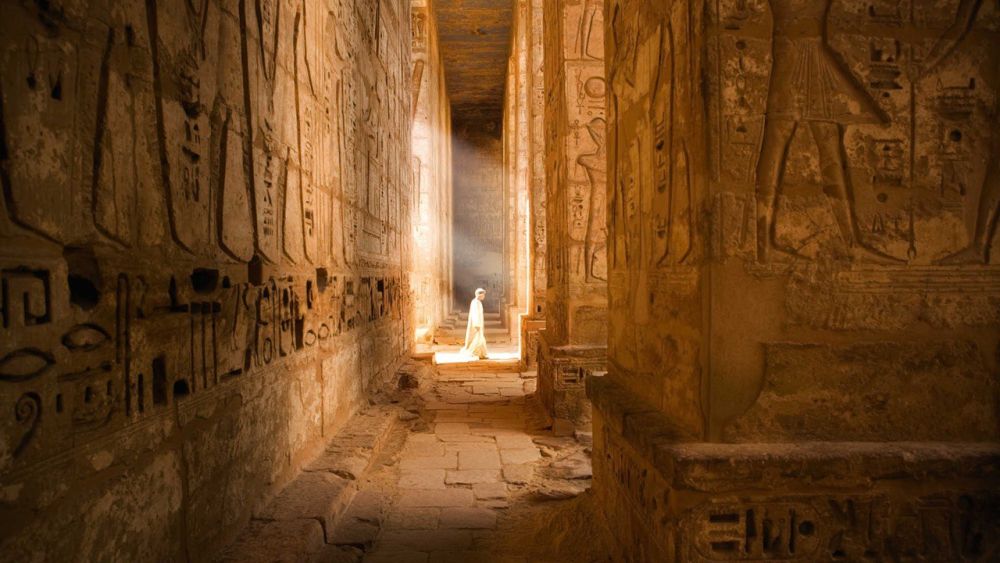

Lebanon's history as a travel destination dates back to the 19th century when it was part of the Ottoman Empire. The region appealed to wealthy Westerners, particularly Europeans, who were intrigued by its cultural richness and historical significance. The establishment of the Grand Hotel in Beirut in 1866 marked the inception of organized hospitality catering to foreign visitors. With the rise of Beirut as a cosmopolitan city, often referred to as the "Paris of the Middle East," its tourism sector blossomed in the mid-20th century.
Both the natural beauty of its landscapes and its rich historical and cultural heritage make Lebanon a multidimensional tourist destination. Despite the setbacks of conflict periods, tourism has always managed to slowly recover, showing resilience and the enduring allure of Lebanon's allure.
Nestled in the heart of Sidon, one of the oldest cities of ancient Phoenicia, the Inner Chamber Ruins are a testament to the city's long history. These ruins, which have been meticulously excavated, reveal glimpses of Sidon's grand past, where one can walk alongside the remnants of civilizations that have settled and thrived here for millennia. As a significant archaeological site, the Inner Chamber Ruins provide valuable insight into the urban layout and domestic architecture of ancient Sidon.
The Sidon Sea Castle is a famed historical fortress built by the Crusaders in the 13th century. This imposing fortress stands guard over the Mediterranean Sea, offering panoramic views of the coastline and the city of Sidon. Originally constructed on a small island connected to the mainland by a causeway, the castle has survived numerous conquests and stands as a symbol of the perennial struggle for power in the region.
Today, the Sidon Sea Castle is a popular tourist destination, allowing visitors to explore its ancient walls, towers, and the remnants of its former grandeur. The castle also houses a small museum detailing its history and the various civilizations that have influenced its architecture and use throughout the centuries.
In recent years, Lebanon has been witnessing a shift towards cultural and eco-tourism. Visitors are increasingly looking for authentic experiences, connecting with local traditions, and discovering the country's natural beauty. This includes wine tours in the Bekaa Valley, culinary workshops, hiking in the Cedars of God, and bird watching in the Shouf Biosphere Reserve.
Additionally, there is a growing interest in sustainable tourism practices, as travelers are becoming more conscientious of their environmental impact. Lebanon, with its various initiatives to preserve its natural landscapes and historical sites, is beginning to cater to this mindful segment of travelers, offering greener options for accommodation and transport.
When planning a visit to Lebanon, tourists should be mindful of the country's diverse climate. Coastal areas typically enjoy a Mediterranean climate, while the interior has more seasonal variation. Lebanese cuisine, renowned for its variety and flavor, is an integral part of the cultural experience. Additionally, the country has a well-established banking sector, and while the local currency is the Lebanese pound, the US dollar is widely accepted.
As always, visitors should check current travel advisories and be aware of regional developments that may affect travel plans. The Lebanese people are known for their hospitality, and despite the challenges the country faces, it remains a captivating destination for travelers from around the world.